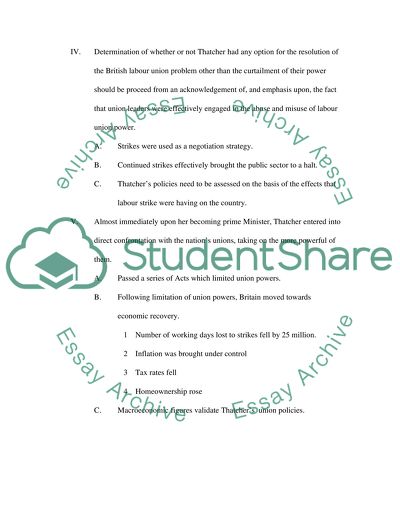Cite this document
(“European Economy and Political Essay Example | Topics and Well Written Essays - 1500 words”, n.d.)
European Economy and Political Essay Example | Topics and Well Written Essays - 1500 words. Retrieved from https://studentshare.org/miscellaneous/1524523-european-economy-and-political
European Economy and Political Essay Example | Topics and Well Written Essays - 1500 words. Retrieved from https://studentshare.org/miscellaneous/1524523-european-economy-and-political
(European Economy and Political Essay Example | Topics and Well Written Essays - 1500 Words)
European Economy and Political Essay Example | Topics and Well Written Essays - 1500 Words. https://studentshare.org/miscellaneous/1524523-european-economy-and-political.
European Economy and Political Essay Example | Topics and Well Written Essays - 1500 Words. https://studentshare.org/miscellaneous/1524523-european-economy-and-political.
“European Economy and Political Essay Example | Topics and Well Written Essays - 1500 Words”, n.d. https://studentshare.org/miscellaneous/1524523-european-economy-and-political.


